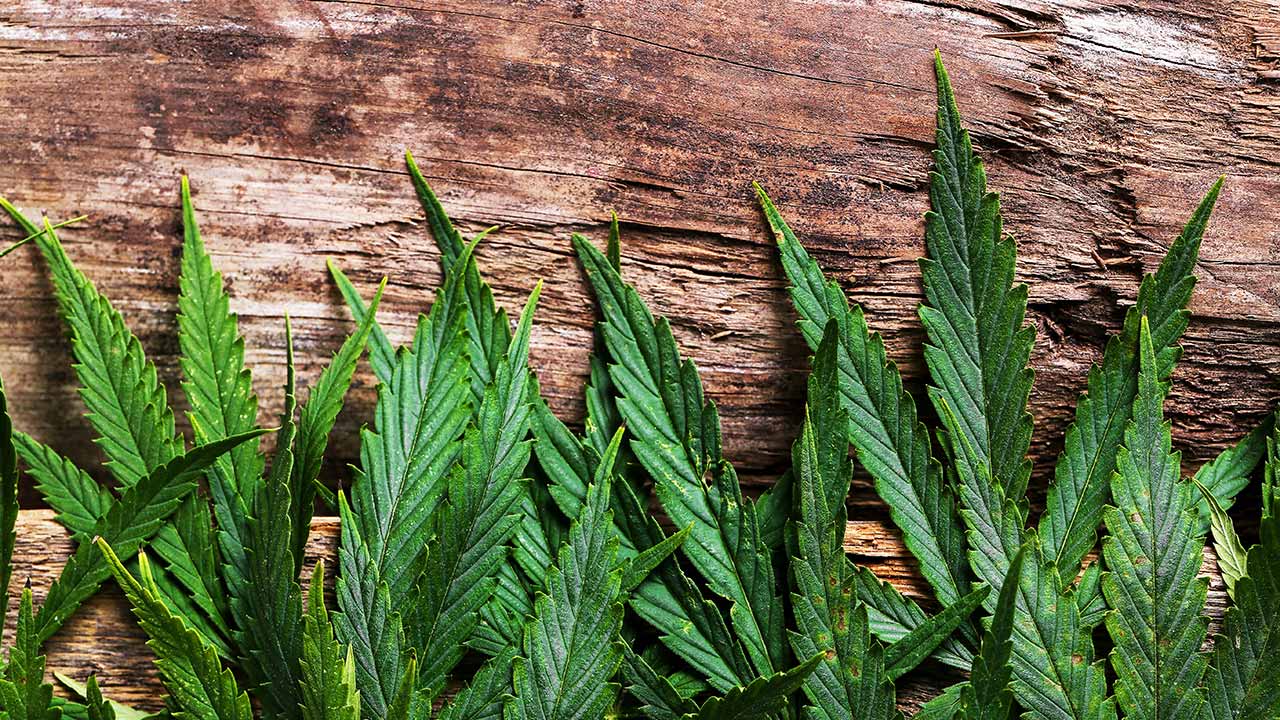Research Project Finds Microbes Can Improve Hemp Plant Productivity
Summarize

Researchers at the University of Houston conducted a project to study the role of microbes in hemp plant productivity. The study, published in Nature, examined microbes in Sweet Sensi, Cherry Wine, American Victory-1 and one unidentified genotype of industrial hemp. Samples were collected from nine field-grown plants. The study found that different parts of the hemp plant have different microbial communities, suggesting sustainable farming practices could reduce the need for some chemicals by manipulating microbial communities.
Microbiomes are tiny organisms that support plant growth, stress resilience, and nutrient absorption. Abdul Latif Khan, assistant professor of biotechnology at the Cullen College of Engineering Technology Division and lead author of the study, explains,
“In hemp, the microbiome is important in optimizing CBD production and enhancing fiber quality. This work explains how different genotypes of hemp harbor microbial communities that live inside the plants and contribute to these processes.”
Genotype refers to an organism’s genetic makeup.
Researchers found different microbial populations in CBD-rich hemp versus hemp grown for fiber. CBD hemp had more Microbacterium and Rhizobium, both bacteria, and fungi like Penicillium and Nigrospora. The fiber-rich hemp had more Sphingomonas, Bacillus and Pseudomonas bacteria and more Alternaria and Gibberella fungi.
The different parts of the hemp plant have unique microbial communities. Plants cultivated for CBD had more microbes that enhance CBD production. Plants cultivated for fiber had more bacteria that support structural strength. Also discovered was that the leaves and stems of the hemp plant had more fungal diversity, while the roots and soil had more bacteria diversity. “We demonstrated how different hemp genotypes have their own special groups of microbes that support plant health and productivity,” said Kahn.
The project authors have outlined a roadmap for future research, suggesting that advanced genetic and microbial engineering techniques should be employed. They propose exploring the endophytes (fungi) that positively impact fiber quality in hemp plants and conducting deeper research on how specific endophytes support the plant’s stress resistance. They also recommend developing strategies to optimize crop nutrient management and validate experiments in real-world agricultural settings. This comprehensive approach will ensure that we are well-prepared for the future of sustainable farming practices.
This type of research is essential as the agriculture industry strives to become more sustainable. The findings of this study suggest that by understanding and manipulating the microbial communities in different parts of the hemp plant, we can reduce the need for certain chemicals, thereby promoting sustainable farming practices. This could lead to improved hemp-sourced CBD and fiber that enhance end-product quality as well as environmental sustainability.
Share this post


0